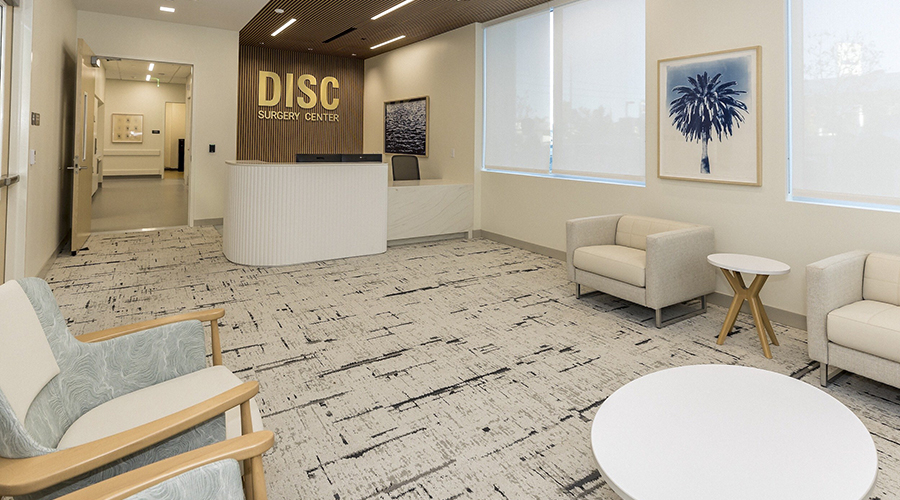While patients diagnosed with Clostridium difficile (C. diff) and methicillin-resistant Staphylococcus aureus (MRSA) are often limited to isolation rooms, the pathogens that cause them are not.
In a new study published in the American Journal of Infection Control 24 percent of non-isolation rooms tested positive for C. diff spores and 10 percent tested positive for MRSA after standard cleaning with a quaternary ammonium disinfectant, but routine use of a novel sporicidal disinfectant significantly reduced contamination.
Researchers from the Louis Stokes Cleveland Veterans Affairs Medical Center compared the frequency of environmental contamination in standard patient rooms that had not been used to treat patients with C. diff infection (CDI), for three-week periods before and after switching cleaning protocols from a quaternary ammonium disinfectant to Clorox Healthcare® Fuzion™ Cleaner Disinfectant, a novel form of bleach that kills C. diff spores in two minutes, has a low odor profile and is safe to use on a wide variety of surfaces.
Prior to May 1, 2018, environmental services professional at the 215-bed acute care facility used commercial bleach wipes for daily and post-discharge cleaning of CDI rooms and a quaternary ammonium disinfectant for non-CDI rooms. After May 1, 2018, EVS personnel used Fuzion for post discharge cleaning and disinfection of all CDI and non-CDI rooms.
During the baseline period when a non-sporicidal quaternary ammonium disinfectant was used, 51 non-CDI rooms were cultured after post-discharge cleaning and 24 percent tested positive for C. diff spores, while 10 percent tested positive for MRSA. During the intervention period, when Fuzion was used for all post-discharge room disinfection, environmental surfaces in 39 non-CDI rooms were cultured. During this period, the research team reported a significant reduction in recovery of C. diff after cleaning (2 of 39, 5% vs 12 of 51, 24%; P = .02) and a trend toward reduced MRSA contamination (5 of 51, 10% vs 0 of 39, 0%; P = .07).
According to the researchers, these results suggest that routine use of a sporicidal disinfectant in all post-discharge rooms could potentially be beneficial in reducing the risk for C. diff transmission from contaminated surfaces.
Source: Wong YKN, Alhmidi H, Mana TSC, Cadnum JL, Jencson AL, Donskey CJ. Impact of routine use of a spray formulation of bleach on Clostridium difficile spore contamination in non-C. difficile infection rooms. American Journal of Infection Control. 2018;(000):1-3.
Disclosures:
Funding/support: This study was supported by the US Department of Veterans Affairs and by a grant from the Clorox Company to C.J.D. Clorox did not provide any input on the study design, data analysis, writing, or editing of the manuscript. Conflicts of interest: C.J.D. has received research funding from Clorox, GOJO, and PDI.
 UCI Health Set to Open First All-Electric Hospital
UCI Health Set to Open First All-Electric Hospital Ground Broken on Baptist Health Sunrise Hospital
Ground Broken on Baptist Health Sunrise Hospital Rapid City Medical Center to Join Monument Health
Rapid City Medical Center to Join Monument Health AI Adoption on the Rise Among Leaders
AI Adoption on the Rise Among Leaders TriasMD Officially Opens DISC Surgery Center at Tarzana
TriasMD Officially Opens DISC Surgery Center at Tarzana